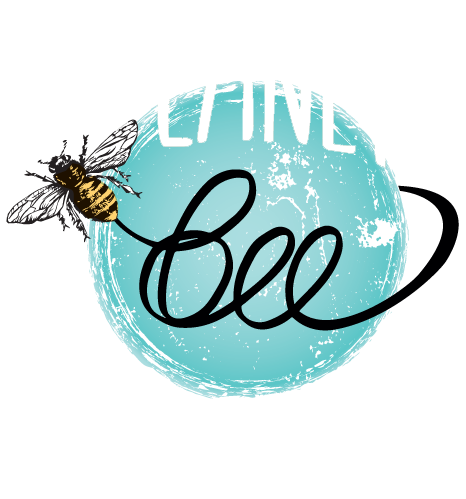Happy World Bee Day!
- Professor Jaime Demick
- May 19, 2022
- 3 min read
You’re already a bee fan since you’ve found this blog, so I’d like to extend my appreciation to you for looking this far. You might wonder, why would an insect warrant a world day? Are they really that important to humans to achieve such a designation? What is the purpose of honoring this little creature anyway?

Bees have been on planet Earth for millions of years, evolving from carnivorous wasps into some 20,000 separate species of nectar and pollen-gathering herbivores with a complex and beautiful evolutionary relationship with flowers. Over the millennia flowers and bees have developed together, with species of bee evolving various proboscis (straw-like tongues), body sizes and shapes, and pollen gathering methods along with different types of flowers evolving specific ways to attract bees via color in visible and ultraviolet light, size, shape, electrical conductivity, and pollination method. Together the species of bees manage to pollinate and allow the reproduction of flowering plants from weeds to trees to wildflowers. This is a unique partnership between the animal and plant kingdoms, and it might just warrant a World Bee Day by itself, but…
Stopping to think for a moment we might imagine the use or purpose of all those plants. Plants fix carbon dioxide from the atmosphere, create oxygen for animals to breathe, and habitats for them to live in, on, or under. Plants produce fruits, nuts and seeds required by animals for nourishment, not to mention other useful products like wood, sap, leaves and bark. Plants also feed the ever so important but not widely mentioned microbial world in the soil, while these microbes in turn enrich the soil so plants can live. In the natural world plants and animals have a complex and magnificent relationship existing in a balance of giving and take. Bees are an integral part of this balance and enable a wider food chain, with wild animals depending on bees for the pollination of plants so they can both eat and find habitat. Now that might just warrant a World Bee Day by itself, but….

Let’s think about how humans fit into this natural picture. Humans too were once hunters and gatherers, much like the wasps and bees. Honey, wax, and propolis have been important to humans since recorded history, appearing in cave paintings and documents in worldwide civilizations. Honey provided a sweetener before sugar, a means to extend the shelf-life of food, and an embalming agent in mummification. Honey, wax, and propolis had medicinal uses as humans recognized their healing powers, not due to magic but to their anti-microbial, anti-bacterial, and anti-viral properties. Bees became an integral part of human society and religion, and eventually, even a part of human farming as honey-gathering morphed into beekeeping thousands of years BCE. This cultural and historical relationship between humans and bees might just warrant a World Bee Day by itself, but….
Humans since have developed farming and industry. Is the bee still important? Honey, wax, and propolis are a million-dollar industry, and bees pollinate some 130 food crops that humans farm. Without them, humans would lack many of the staple food items we love to eat, and we would have a bland diet of wheat, corn, and rice. Forget about the almonds, blueberries, apples, broccoli and many other fruits, vegetables and nuts that add nutrition and variety to human diet. And remember, wild animals depend on bees and humans depend on some wild animals for food and pelts as well. Human dependence on bees for the pollination of crops and the impact on industry and the economy might just warrant a World Bee Day by itself, but…
Well, you get the picture, don’t you? We haven’t even thought of everything, and we’ve already thought of more than enough reasons that today, May 20, is World Bee Day. So spread the word today to other humans about the importance of bees and remember to thank a bee if you can find one- but that’s a topic for another day.
Written By Professor Jaime Demick
Central Alabama Community College



